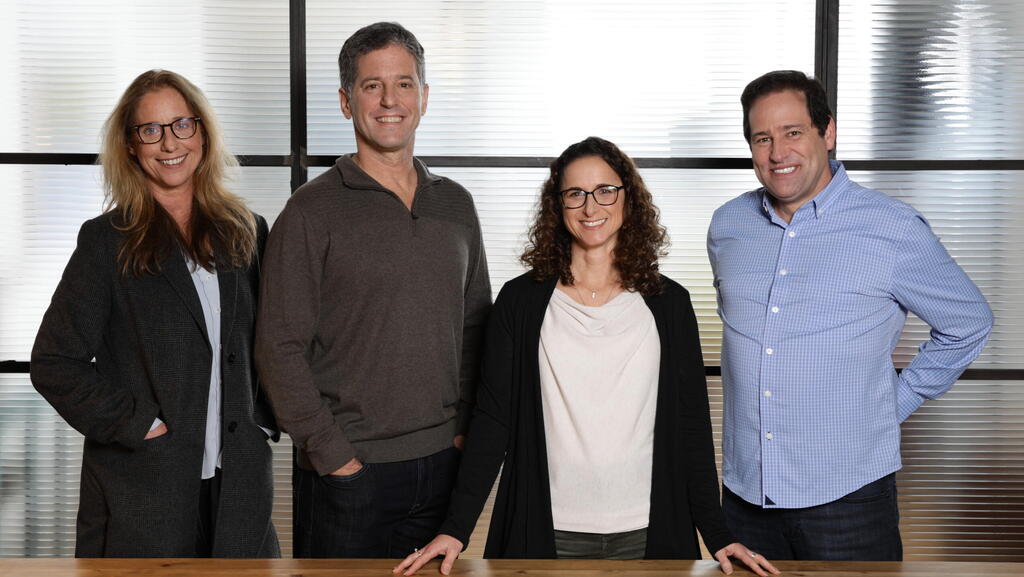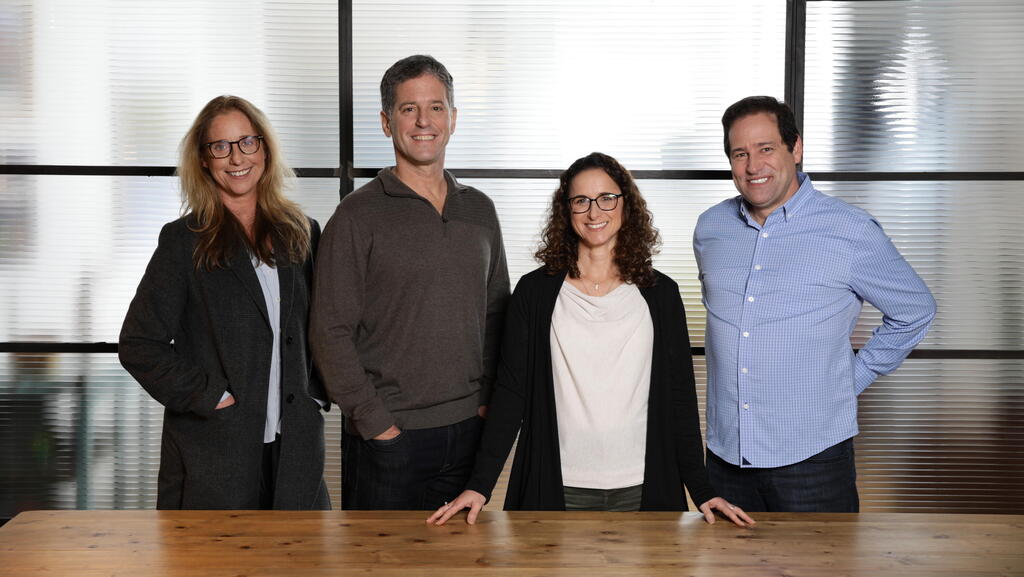
TLV Partners raises $250 million to invest in early-stage Israeli startups
The VC firm, which has previously invested in the likes of Aqua Security, Next Insurance, Aidoc, Quantum Machines, and Zencity, has reached $1 billion in assets under management. "The subject of the judicial overhaul came up in every conversation with the investors," said Managing Partner Rona Segev. "The government of Israel has declared war on the high-tech sector"
Israel-based venture capital firm TLV Partners announced on Monday that it has raised $250 million for its Fund V. The new fund takes the VC’s assets under management (AUM) to $1 billion.
Since its founding in 2015, the firm has raised seven funds, five for investing in early-stage startups and two for follow-on investments in its portfolio companies. TLV Partners is planning to make roughly 25 Seed and Series A investments from Fund V, with initial contributions of between $4-8 million. Taking into account the capability to back subsequent rounds, it could invest as much as $20 million per company.
Since its inception, TLV Partners has marked 10 successful exits, including Granulate (acquired by Intel), Oribi (LinkedIn), Neosec (Akamai), Skyline (JLL), Stoke (Fiverr), and Guesty (secondary transaction).
The firm has invested in a total of 60 companies to date, including Aqua Security, Next Insurance, Aidoc, Run:ai, Silverfort, Quantum Machines, Unit, Immunai, Deepcure, Buildots, Zencity, Firebolt, Mesh, Laminar, Oligo Security, and Port.
TLV Partners, which has a team of 15 people, is mainly backed by American institutions, comprising University Endowments, Fund of Funds and other U.S. investment entities.
The firm is headed by Eitan Bek, Rona Segev, Shahar Tzafrir, and Adi Yarel Toledano, complemented by investment team members Yonatan Mandelbaum, Brian Sack, and Bar Dor.
Related articles:
In a conversation with Calcalist, Rona Segev, Managing Partner at TLV Partners, said: "The subject of the judicial overhaul came up in every conversation with the investors. They are very concerned, and what reassures them is that we have many entrepreneurs who are not in Israel. We invest a lot in the community, but not necessarily in entrepreneurs who live here. Only the global nature of our investments convinced them that the fund can be trusted.
"Most of our investors have invested only in a few Israeli funds. A fund that is exclusively Israeli and not international in nature will have difficulty raising money in the near future," added Segev.
“We are starting to see a huge number of requests for relocation, not only at the level of entrepreneurs but also from many workers who want to leave, and this is a huge red flag. It is growing at a fast pace every month," explained Segev. "This is due to the judicial coup and also due to the impossible cost of living, which has become unbearable even for high-tech professionals. People have started to fear what will happen to their families, and they prefer to leave the country. The government of Israel has declared war on the high-tech sector."
